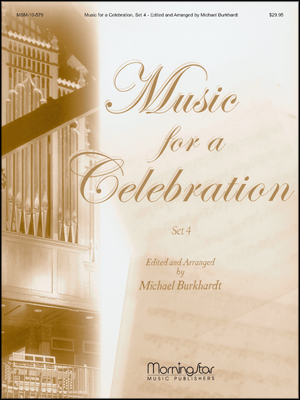Aus tiefer Woth schrei ich zu dir. Martin Luther. [Ps. cxxx.] This beautiful, though free, version of Ps. cxxx. was written in 1523. Ps. cxxx. was a great favourite with Luther, one of those he called Pauline Psalms —the others being Ps. xxxii., li., and cxliii. With its versification he took special pains, and the final result ranks with the finest of German Psalm versions. It first appeared in 4 stanzas of 7 lines in Etlich cristlich lider, Wittenberg, 1524, and in Eyn Enchiridion, Erfurt, 1524. The form now in use considerably altered, and with stanza ii. rewritten as ii., iii., appeared in the Geystliche gesangk Buchleyn, Wittenberg, 1524, in 5 stanzas was included as No. 1 in Luther's Christliche Geseng zum Begrebnis, Wittenberg, 1542, and since in almost all German hymn-books, as recently in the Unverfälschter Liedersegen, 1851, No. 362. Both forms are included in Wackernagel’s D. Kirchenlied, iii. pp. 7-8, and in Schircks's ed. of Luther's Geistliche Lieder, 1854, pp. 66-68.
The fine melody (in the Irish Church Hymnal called De profundis; elsewhere, Luther's 130th, &c.) is possibly by Luther, and first appeared, with the 5 stanza form, in 1524.
The hymn was sung, May 9, 1525, at the funeral of the Elector Friedrich the Wise in the Court church at Wittenberg; by the weeping multitude at Halle when, on Feb. 20, 1546, Luther's body was being taken to its last resting-place at Wittenberg; and again as the last hymn in the Cathedral at Strasburg before the city was captured by the French in 1681. Stanza v. comforted the last hours of Christian, Elector of Saxony, 1591, of Johann Georg L, Elector of Saxony, 1656, and of King Friedrich I. of Prussia, 1723 (Koch, viii. 211-216).
Translations in common use:—
1. Out of the deep I cry to Thee, My. A free translation of stanzas i.-iii., v., by B. Latrobe, as No. 231 in the Moravian Hymn Book, 1789 (1849, No. 287). In 1848, it was given, slightly altered from the edition of 1826, and beginning "Out of the depths I cry to Thee, Lord, look," as No. 4 in the Dalston Hospital Hymn Book. The text of 1826, unaltered save stanza ii., 11. 3-4, was included as No. 440 in the Irish Church Hymnal, 1873.
4. Out of the deep I cry to Thee, O Lord God, &c. A good and full translation by A. T. Russell as No. 74 in his Psalms & Hymns, 1851. Included in full in Dr. Bacon's edition of Luther's Hymns, 1884, p. 10, and, omitting stanza iv., as No. 85 in the New Zealand Hymnal, 1872. [Rev. James Mearns, M.A.]
-- Excerpts from John Julian, Dictionary of Hymnology (1907)


 My Starred Hymns
My Starred Hymns






